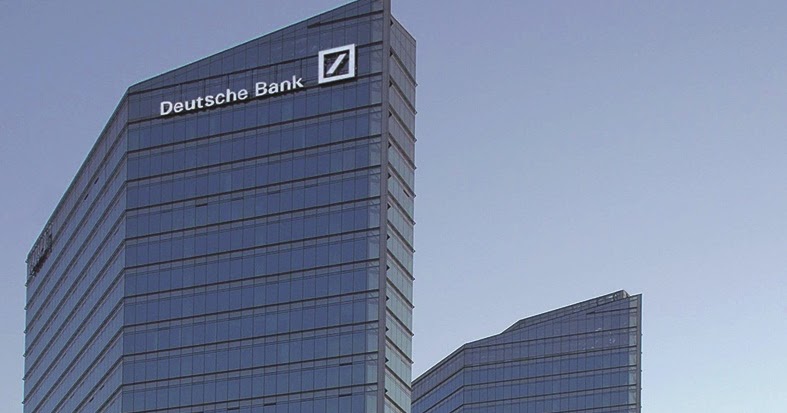Deutsche Bank announced a 39% increase in first-quarter profit on Tuesday. The bank’s global investment banking division generated a large revenue increase in bond and currency trading amid volatile markets.
This profit increase occurred despite a leveraged-finance deal writedown. The bank also made additional provisions for the potential impact of tariffs on clients.
Germany’s largest lender recorded a net profit attributable to shareholders of 1.78 billion euros ($2.03 billion) during the quarter. This is compared to 1.28 billion euros the previous year. The profit also exceeded analysts’ expectations of 1.64 billion euros.
These figures begin a crucial year for Deutsche. The bank is winding up a three-year plan and attempting to meet targets that some analysts consider “overly ambitious.”
CEO Christian Sewing stated the results “put us on track for delivery on all our 2025 targets.”
Sewing received another term as CEO in March. He is currently tweaking the bank’s strategy and setting targets for the future.
The first-quarter results represent a significant milestone. Deutsche has now cumulatively earned more in profit than it has lost over the past decade. This makes up for the significant losses posted between 2015 and 2019.
Barclays analysts said the results were “good enough for the shares to outperform slightly.” Shares opened 2.9% higher.
Revenue in Deutsche’s fixed-income and currency trading rose 17%. This is one of the bank’s largest businesses and better than expected. Forecasts predicted a 10.3% gain. JPMorgan analysts called these results the best among Deutsche’s global competitors.
Origination and advisory revenue dropped by 8%. This occurred after making big gains in recent quarters. The company posted a 90 million euros writedown for an unnamed position in its leveraged finance business.
Deutsche is one of many large European banks releasing quarterly reports this week. This follows a series of strong earnings from their U.S. counterparts.
Investors are watching how banks plan to handle an anticipated slowdown in economic growth. This comes after U.S. President Donald Trump unleashed a global trade war earlier this month. This slowdown could affect loan demand and clients’ financial health.
Sewing wrote in a memo to staff, “We have taken additional provisions to cover higher macroeconomic uncertainties caused by the tariff discussions and, as a result, our overall provisions were higher year-on-year.”
Deutsche operates from Sydney to New York. However, its important home market in Germany is stagnating.
The nation’s top central banker warned last week of a potential slight recession in Germany in 2025. Germany is Europe’s largest economy. This recession could reduce banks’ profits and lead to loan defaults by corporate clients.
Sewing strives to meet his ambitious profit and cost targets. However, some analysts remain skeptical about the bank’s ability to meet all its goals. Deutsche abandoned a key cost target in January.
Germany’s decision to ease longstanding caps on government spending is seen as positive. This could benefit the lender and economic growth.
Click here for more Banking news.


